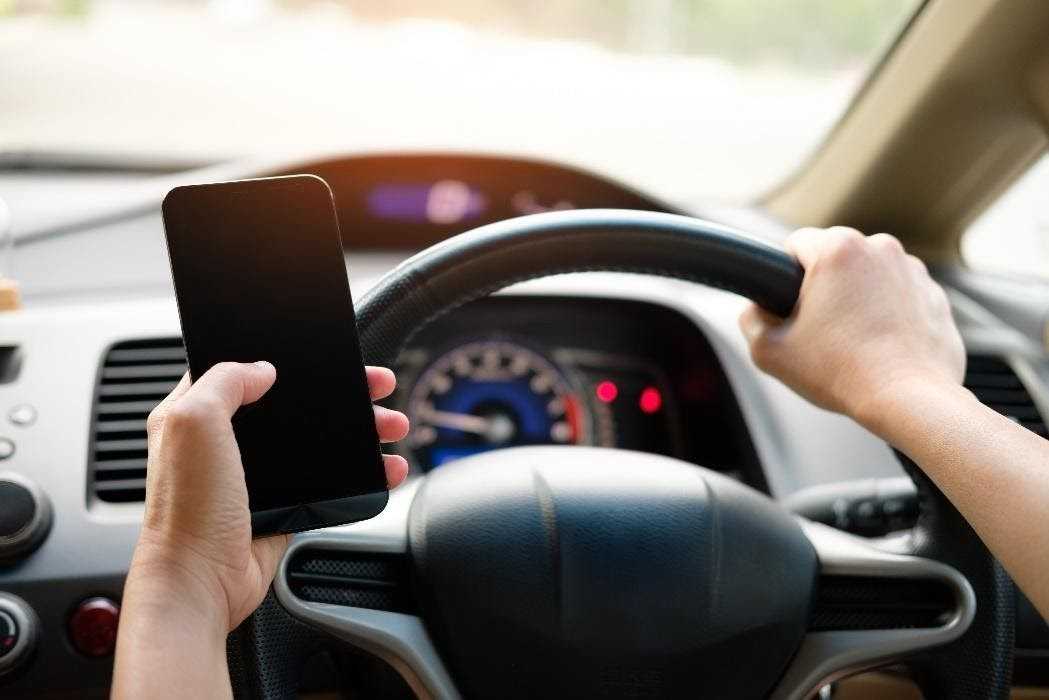
CAR
VIN Verification is the physical examination of your vehicle provided by California’s DMV. This is for vehicles that are no longer in DMV’s database or vehicles coming out of state. You are provided with documentation of your vehicle’s license plate number, BTM (vehicle’s configuration), state the vehicle is licensed in, fuel type, number of axles, etc. Vin Verification is used to approve that someone has physical possession of a vehicle. We will explain below the whole process and show you where you can get vin verification fast.
The process of VIN Verification is significant in the identification of the owner of a vehicle. It goes a long way in protecting you from getting scammed. People buying second-hand vehicles should get a VIN for the vehicle before purchasing it. With a VIN, expected buyers can have secure information about the car’s history, reducing the risks of being scammed. A Vehicle Identification Number (VIN) is required to verify different items on a vehicle to ensure the vehicle meets Federal Safety requirements and smog emission standards.
Guidelines to VIN Verifications & VIN Verifiers
VIN Verification is documented in a VIN Verification form REG31. DMV recommends verifications of certain vehicles and situations. This can be done by a DMV employee, a CHP officer, or a licensed Mobile VIN Verifier. Below are types of vehicles and situations that require VIN verification;
- Foreign Vehicles, for instance, vehicles coming from Vermont to California. Which includes brand new vehicles purchased from a dealer.
- Vehicles that are not in DMV’s database. These are vehicles that are old and have fallen off the DMV’s system thus need to be examined and re-introduced into the system.
- Vehicles with new BTM (vehicle configuration). For instance, your dump truck is now a flatbed vehicle, a change in configuration will require you to report to the California DMV for VIN verification.
- Automobile vehicles need to be converted to commercial vehicles, or vice versa.
- Vehicles that need their odometers to be corrected. Sometimes, odometers are incorrectly reported hence require to be verified.
- Corrections of VIN, at times VIN are misinterpreted hence having errors. Vehicles with mismatched VIN should be corrected.
VIN verification cannot be done with an absence of a vehicle, Form REG31, and supporting documents like title and bill of sale. To undergo the process of VIN verification, the following guidelines should be followed;
- When typing or printing, always use black or dark blue ink.
- You should provide the owner’s full legal name and address information which must be recorded in title documents and registration exactly as it reads in the driving license.
- You should ensure the Vehicle Identification Number (VIN), make, odometer readings, year, the legal owner, and registered owner information are compatible in all documents.
- Signatures must always be handwritten unless removed by the Department because submission is done online. A printed document will not be accepted except when accompanied by an acknowledged statement showing the signature is legal.
- Do not change or modify any information on the document.
- A release should resemble the title documents. i.e. George should sign as George.
- All the documents produced must be original, unless true copies of original documents are certified.
VIN Verifiers
VIN Verifiers have rules that govern them on what they should be verifying and documenting. REG31 Form outlines what should be documented. For clarification, the DMV and the CHP charge no fee for VIN verifications. It can be difficult to find the verifiers since you will have to look for them in their places of work. This is a great disadvantage to owners whose vehicles are not functioning. The owner has to tow the car, increasing the cost of verification due to the transportation of the vehicle.
CHP does most of their inspections on appointments only while the DMV is sometimes too busy to carry on the inspection. Mobile VIN verifiers can do this but sometimes their inspection gets rejected by the DMV. There are vehicles that a mobile VIN verifier cannot verify. These vehicles include junked vehicles, motor vehicles that fell off the DMV database and post 1970 vehicles with no federal labels.
Rules for VIN Verifiers
There have been changes to the VIN verification form, REG31, and the issuance of MEMO-VIN 2017-08. This has brought a lot of confusion among the DMV, CHP officers, and private VIN Verifiers. This might be due to the flood of military vehicles in California causing revision of procedures, forms, and issues of memos revising how these vehicles are registered.
The MEMO VIN 2017-08 states that only the California Highways Patrol (CHP) may search for an appropriate VIN and complete the registration of vehicles when the U.S. Federal Certification Label is missing, damaged, or illegible. This was revised because the Pre-1970 vehicles were not included.





